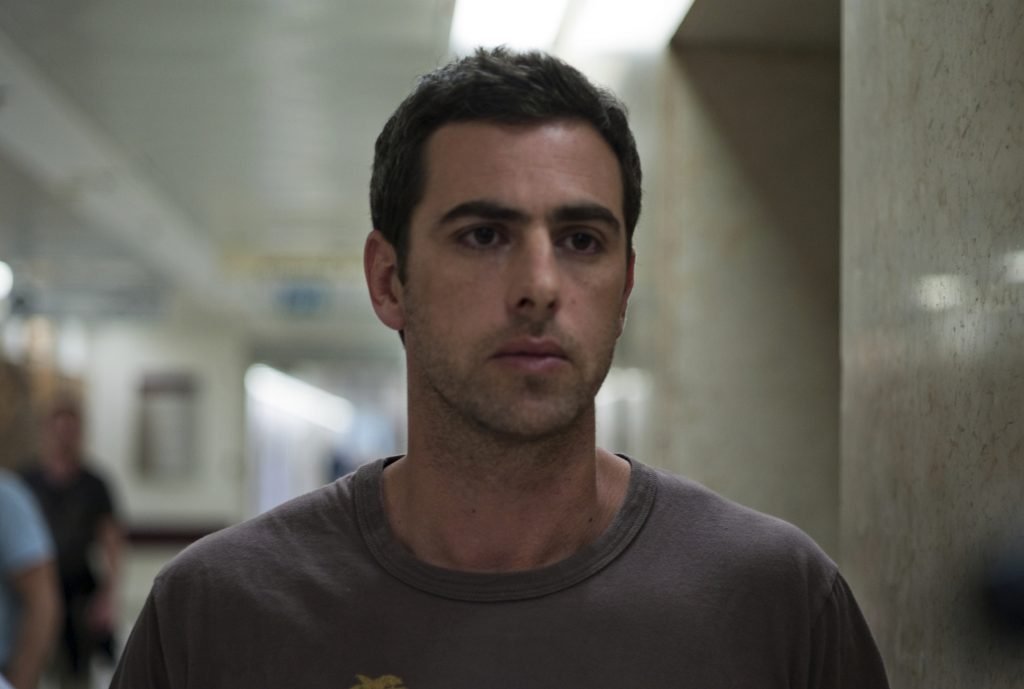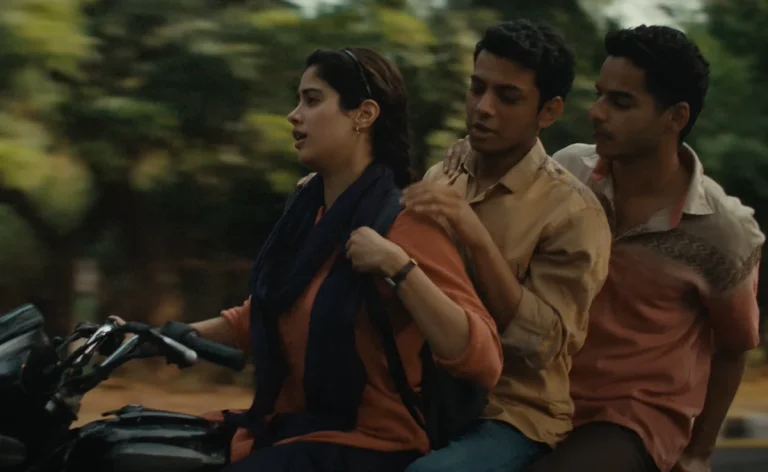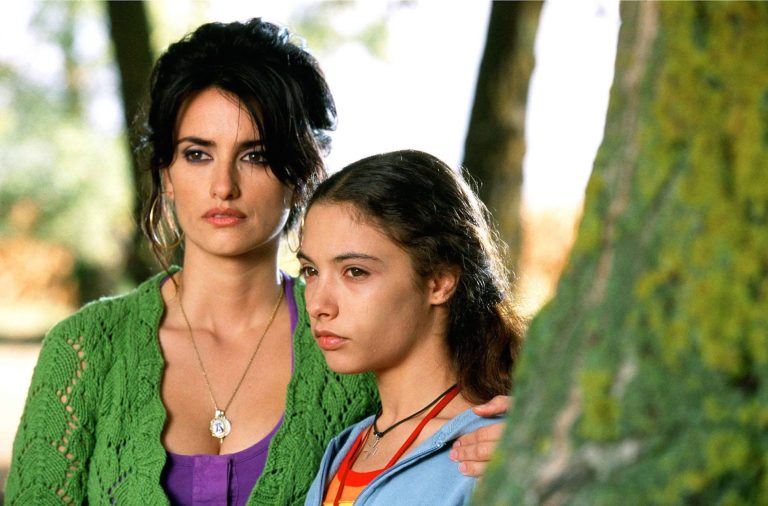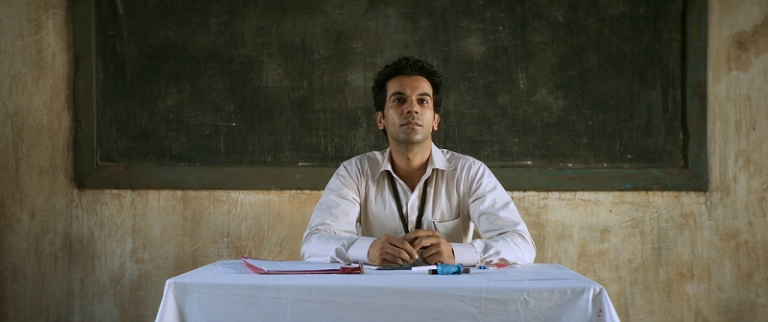The concept that cinema has the power to stimulate thought and action toward a more just reality is the very essence of the films made by the sensational Israeli filmmaker Nadav Lapid. His films deal with a wide range of issues and struggles. Relevant topics such as democracy, globalization, refugees, occupation and nationality law, discrimination, racism, and freedom of expression, amongst others. In his narrative, the cultural differences and similarities between Jews and Arabs shape the character’s personal histories as well as the political allusions regarding the history of their origin.
Lapid began his career in filmmaking by making acclaimed short films such as Road (2005) and Emile’s Girlfriend (2006). Even after his debut in feature films, he continued making short films, like Ammunition Hill (2013), Why (2015), and From The Diary of a Wedding Photographer (2016). Through these films, he continued his straightforward study of the political turmoil and social chaos of contemporary Israeli society. The plight of the characters in the film creates an essence of the tidal wave of nearing crises and invites either panic or hopelessness.
Here is a brief analysis of his full-length feature films that pushed idiosyncratic language into the world of cinema through statements entrenched with social, political, and humanistic messages.
Policeman (2011)
Lapid’s debut feature film, Policeman (2011), defies stereotypes by displaying an internal threat. In the Israeli police force’s anti-terrorist unit, Yaron (Yiftach Klein) is an esteemed police officer. He and his fellow commanders provide the ultimate protection against the Arab adversary. But when he runs into a violent, radical organization, it completely changes the course of his life.
Before being called to rescue wedding guests held hostage by Jewish radicals waging class war, the slow-building narrative of the film effectively conveys the machoism and brotherly bond of an Israeli counterterrorism squad. Nationalism, which almost by definition resides at the confluence of violence and love, is a theme throughout the movie. In Policeman, there are contrasts between families and surrogate families, patriarchy and maternity, reality and fiction, and authorized and unauthorized assault. This compelling movie seldom drifts in conventional orientations.
‘Policeman’ is a confident, purposefully distanced, even austere realistic drama that examines the burning problems of contemporary Israeli society via the lens of the administration. It has a gripping climax, where Lapid delivers a gut punch, hitting home the psychological and political realities that aren’t always as straightforward as either side would like to think. This film earned Napid the Special Jury Prize at the Locarno International Film Festival in 2011, as well as numerous awards at the Jerusalem film festival.
The Kindergarten Teacher (2014)
The film’s titular character, Nira (Sarit Larry), and her student, Yoav (Avi Shnaidman), who abruptly turns her world on its head, are the only two main characters in the more direct and intimate tale. Yoav demonstrates an extraordinary ability for language and poetry. As the youngster’s gift gradually draws her attention, Nira starts to become obsessed with developing it, which strains her relationship with the boy and his family.
Nira’s actions aren’t explained distinctly by director Nadav Lapid so much as he wants to demonstrate how precarious the border is between artistic integrity and psychosocial distress, between the ordinary and the indescribable. We never know exactly where this unusual movie will lead us next. It’s an unpredictable film that has been meticulously crafted with plenty of engrossing moments.
Lapid has claimed in interviews that his upbringing served as an inspiration for the film. He states that as a boy, he was an accidental poet, and such experiences helped him to achieve a fascinating duality in the film by creating a critical study of creativity that is both lucid and enigmatic. Sarit Larry received the Silver Peacock Award for Best Actress at the 45th International Film Festival of India in 2014.
Synonyms (2019)
In Synonyms, Yoav (Tom Mercier) is a young Israeli who is adamant about losing his nationality. So, he travels to the city of Paris. When he knocks on a flat’s door, he finds it empty, and his belongings have been taken while he is taking a bath there. In this semi-autobiographical tale of Yoav, who has chosen to reject his native Israel and reinvent himself in Paris utterly, Lapid raises the pertinent question that- Is it possible to simply throw away the language we use to communicate ourselves—our experiences, cultural markers, and internal psychology—and discover what is left? How would we look? His intentions are crystal clear.
This is one of those films about nothing that is simultaneously about everything; a hazy investigation of identity and life and a precise portrayal of a community way of life that has been encroached upon by contemporary technology.
Lapid also opts to concentrate on a small group of people while relegating the remainder of his occasionally crucial characters to off-screen voices. Additionally, it is a caustic comedy about everyday living that narrates some of the typical nationality-related cliches with a twist. Synonyms won the Golden Bear at the Berlin Film Festival. Deservedly so.
Ahed’s Knee (2021)
The narrative follows a Tel Aviv director, Y (Avshalom Pollack), in his forties, as he makes a screening trip to a small community in Israel’s Arava region. Upon his arrival, he is welcomed by Yahalom (Nur Fibak), a young officer for the Ministry of Culture, who is there to ensure that the Q&A will only cover a list of legitimized subjects. The film follows Y as he struggles with his captivating situation of losing freedom and the impending dread of losing his mother, narrated over a day. Lapid is intended to be a fictitious stand-in for Y.
Although Y intends to make a video installation based on Tamimi’s tragedy, Tamimi isn’t the focus of the film. Rather the film’s intense examination focuses on Y’s personal experience in the rural zone. The film briefly mentions the Israeli-Palestinian conflict in this particular fight.
In all honesty, it’s uncommon to see a film that so directly addresses the continuing Israeli-Palestinian dilemma without mentioning the war, the occupied West Bank, or compassionate storekeepers striving to bridge cultural gaps. Ahed’s Knee does not lose its focus on the social divisions that enduring social injustices and aggressive cultural policies impose on succeeding generations. At the 74th Cannes film festival, the film shared the Jury Prize with Memoria by Apichatpong Weerasethakul.
The primary characters in Lapid’s film, such as Yaron from Policeman, Nira from the kindergarten teacher, Yoav from Synonyms, and Y from Ahed’s Knee, are all fairly improbable characters with a highly allegorical outlook that frequently detaches themselves from their daily life. True, they are not immune to the allure of their socio-political existence, and they all make zealous attempts to align their lives with their ideas, realizing inevitably how challenging it is to bring changes in society.
Lapid’s films have always been about the nature of power in Israeli society. His authorial voice is well communicated through the many depictions of distant, closed-off authoritarian forces concealed in the fabric of a regimented nation. The themes he frequently emphasizes are the alienation that his protagonists, who are mirror copies of himself, experience within their surroundings and their ongoing struggle to secure their uniqueness within their society.










